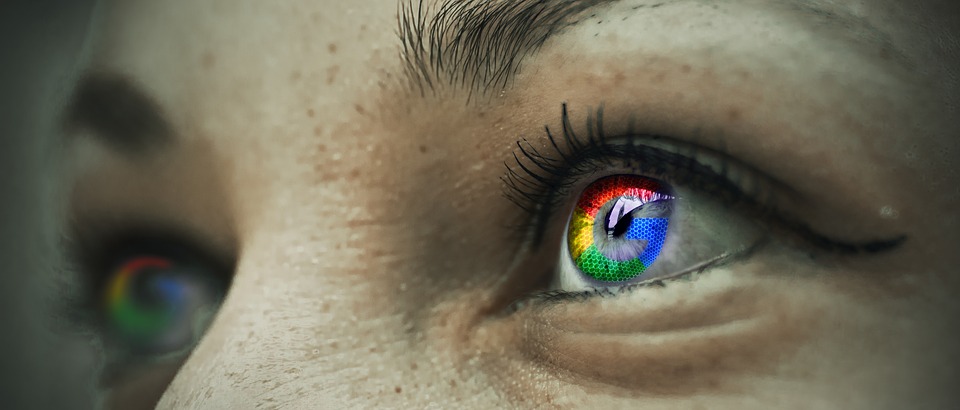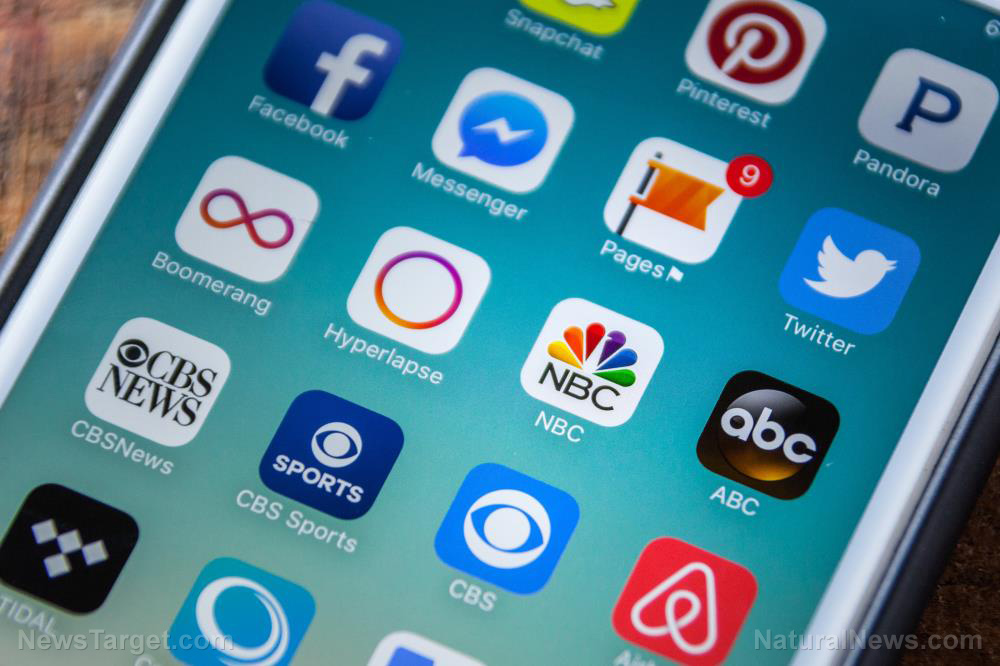Prominent technology group warns how the rise of Google and Facebook has harmed society and created a creepy, Orwellian internet
06/25/2018 / By Isabelle Z.

If you’ve always had a feeling that Facebook and Google are ruining the internet, you’ve now got some reputable groups backing you up on this stance. One of the voices leading the pack is the Electronic Privacy Information Center, or EPIC. The group has warned Congress that today’s digital ecosystem is simply not sustainable, and they’re pinning the blame squarely on the two internet giants.
The nonprofit, independent research group has made privacy and civil liberties issues its mission, and its activities include public education, litigation, advocacy, and policy research. Right now, it’s sounding the alarm bell over Facebook and Google. You might think that simply avoiding their services is enough if you’re not a fan of their practices, but according to EPIC, they’re ruining the internet for everybody.
One big problem is the way the two companies dominate the market. They have an unsettling amount of control over the content that users see, and they can easily silence voices that they disagree with. Is an independent news website telling the truth about dangerous drugs and threatening your profits from pharmaceutical advertisers? Simply de-list the site or bury it so far down in the search results that it won’t be able to stay afloat. Is a website reporting on something that makes your preferred politicians look bad? There’s an easy fix for that, too: just pretend like they’re “fake news” and ban them.
EPIC mentions how different modern advertising techniques are from the traditional models. Consumers could easily identify ads in the past and understood their source and purpose; now it’s far subtler and even downright manipulative in many cases.
With digital advertising, the consumers have become the product, they say. Google and Facebook are profiling and tracking users, collecting vast amounts of very personal data about them. Advertising should be giving people information about products, but now it’s the other way around, with Facebook and Google giving advertisers information about the consumers.
Case in point: Russian election ads
If you needed any more proof that what’s going on right now is deeply disturbing, take a look at what happened during the 2016 election. A Russian company has been charged with carrying out a widespread effort to meddle in the election by buying Facebook ads meant to influence the outcome and create divisions among Americans.
An analysis carried out by USA Today of 3,500 Facebook ads created by Russia’s Internet Research Agency found that more than half were related to race, and the percentage increased as election day approached. These ads were seen approximately 25 million times. A quarter were related to policing and crime and often carried racial connotations.
One campaign called “Back the Badge” targeted people who had “liked” pages supporting police wives and officers who died in the line of duty. The next day, the same group paid for an ad that depicted black brothers being arrested for “driving while black,” which they targeted at those who were interested in Malcolm X and Martin Luther King, Jr. Essentially, they were using people’s beliefs to stoke divisiveness and try to destabilize Western democracy.
NAACP President Derrick Johnson said at the time: “When you’re stoking fear to get a negative action directed at a targeted population based on race, and when a foreign nation uses that fear to subvert and undermine democracy, that’s become a serious problem. It’s a warning for technology companies and corporations that private citizens have entrusted with their privacy to receive factual information.”
This is the type of behavior the current system is set up to accommodate, and there’s no telling where it could go from here. When EPIC says that today’s internet is not sustainable, it’s hard to argue against them. Read Orwellian.news for more articles.
Sources for this article include:
Tagged Under: bias, Censorship, computing, dangerous tech, disinformation, Epic, Facebook, Glitch, Google, information control, internet, internet ads, manipulation, privacy, suppression, surveillance, targeted populations, technocrats, Tyranny



















